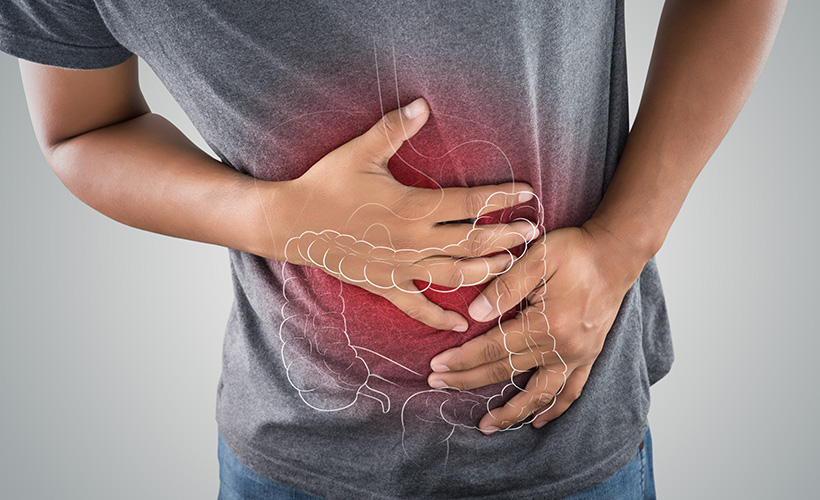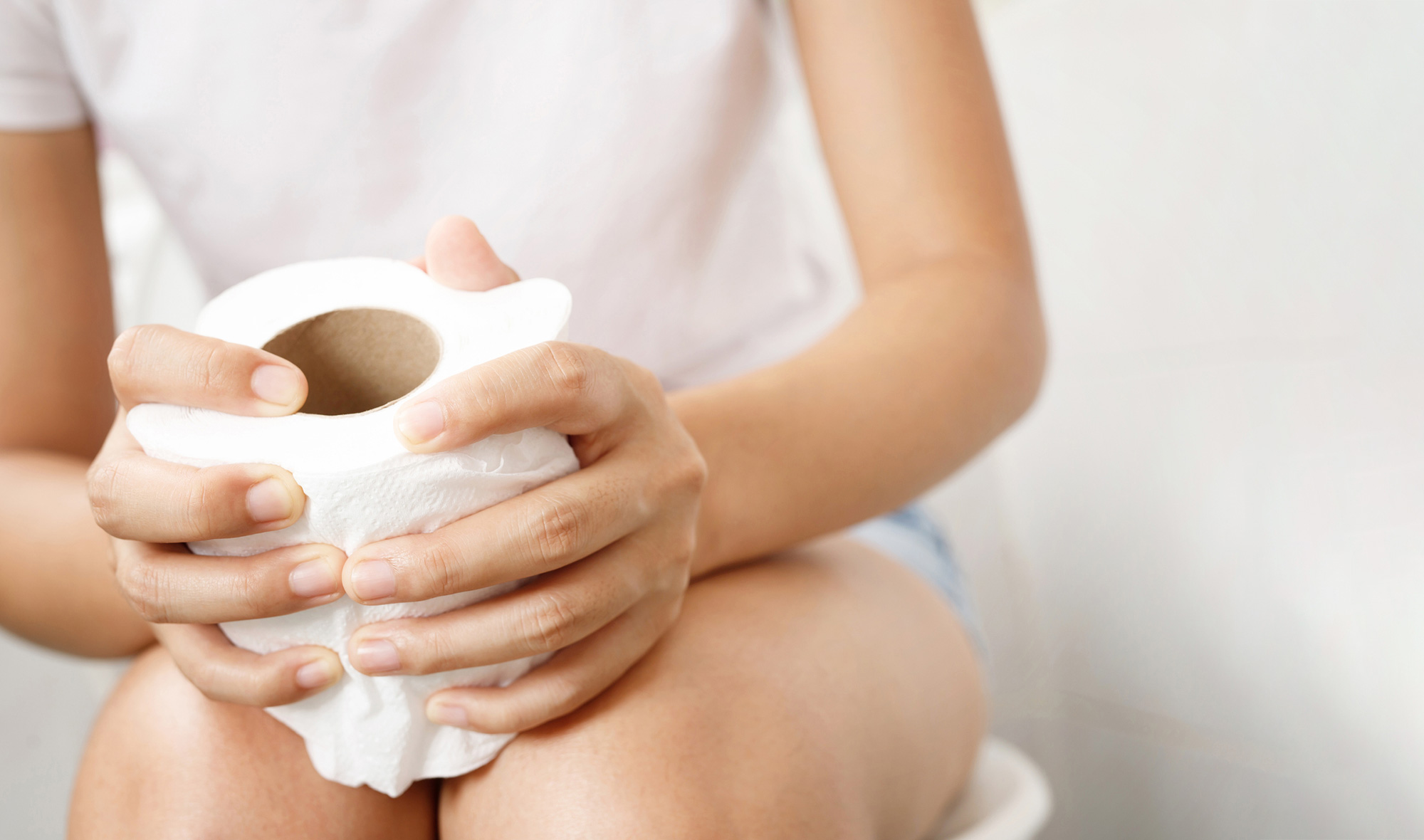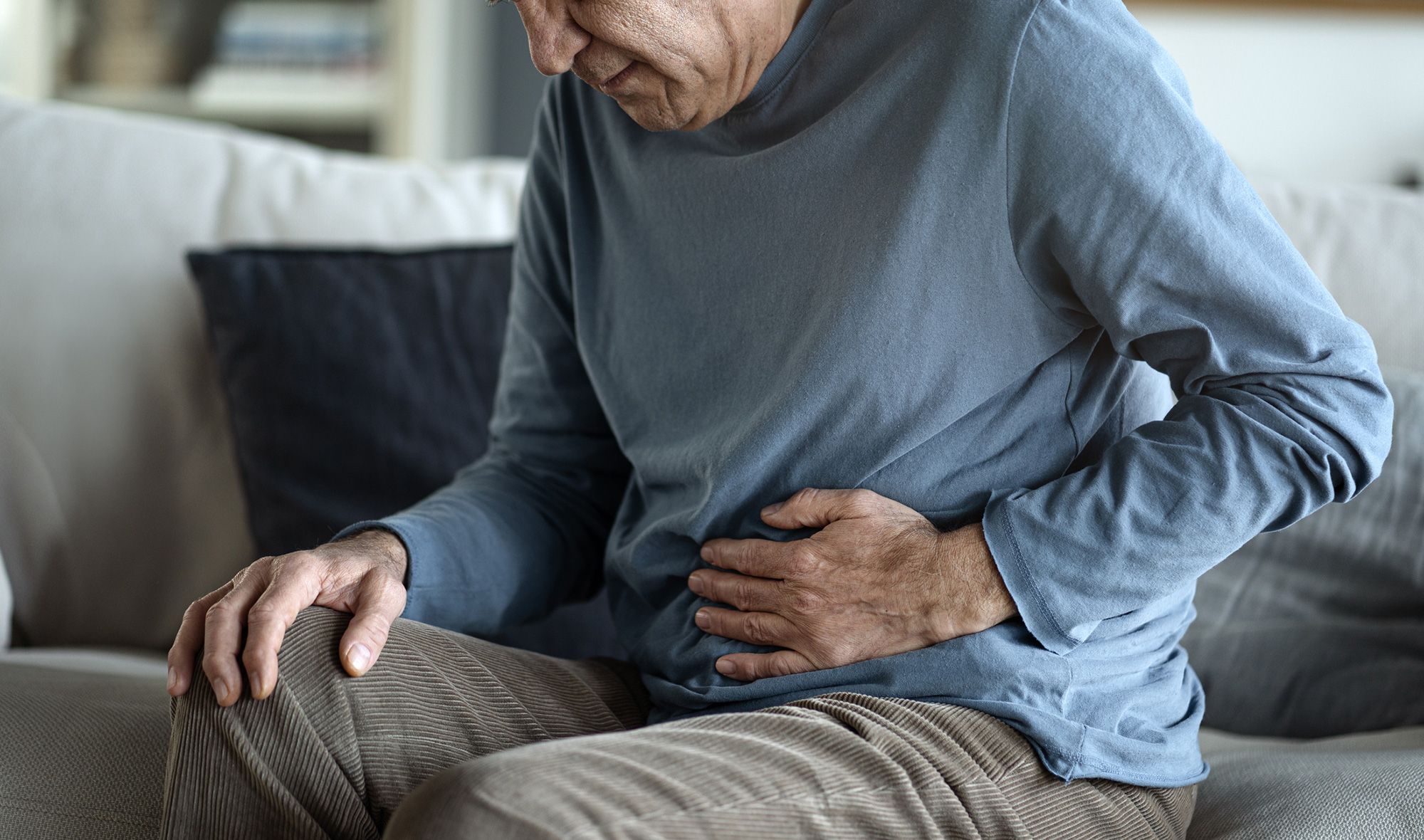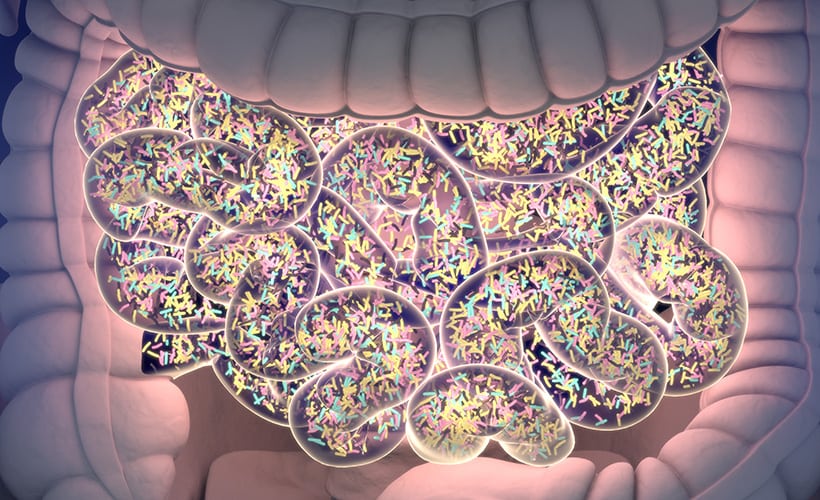Termed Gastrointestinal Oesophageal Reflux Disease or GORD, reflux belongs to the large category of disorders termed Dyspepsia or Indigestion. Indigestion is discomfort or a burning feeling in the chest or stomach, often associated with nausea, bloating, belching and sometimes vomiting. It means that there is a problem in the stomach or duodenum.
What causes indigestion?
Indigestion has many different causes. The most common include:
- Diet and lifestyle factors
- Peptic ulcers
- Non steroidal anti-inflammatory drugs and aspirin
- Hiatus hernia where the upper part of the stomach or acid herniates through the diaphragm causing acid reflux into the oesophagus
- Helicobacter Pylori infection (a bacteria in the stomach responsible for causing stomach ulcers)
- Food allergy and intolerance.
Acid reflux is a painful condition which, left untreated, can lead to inflammation and ulceration of the oesophagus, and in the long-term an increased risk of oesophageal cancer. Experienced occasionally, this disorder is termed “heartburn”, and is easily rectified with the use of over-the-counter antacid medications. More chronic, repeated episodes should always be medically investigated. This is particularly so if the reflux is associated with vomiting including blood, weight loss, trouble swallowing, black stools or shortness of breath.
A hiatus hernia is a mechanical problem where the lower oesophageal sphincter, which acts as a valve at the top of the stomach designed to prevent stomach acid from escaping back up the oesophagus, does not close tightly. In this situation surgery is the best choice.
A peptic ulcer is an ulcer in the lining of the stomach or duodenum. Most are caused by a bacteria called Helicobactor Pylori or by taking non-steroidal anti-inflammatory drugs. Once diagnosed, ulcers are easily treated with medication. Contrary to popular belief ulcers are not caused by stress or spicy foods but both can make them worse.
Prevention and treatment
1. Self-help comes first
There are a number of dietary and lifestyle changes which should be made either in conjunction with, or before resorting to, pharmaceutical drugs. Top of the list comes weight loss if you are carrying extra kilos, especially if they are slung around your abdomen. Regular exercise often helps improve digestion, as well as being a vital component for any weight loss programme. People carrying a lot of abdominal weight often have tight clothes and belts restricting their abdominal area, and along with it the healthy functioning of their digestive system. Avoid this whenever possible! Tobacco contains many toxic chemicals that weaken and irritate the digestive tract, so getting rid of cigarettes is vital to self-help digestion improvement. If you are suffering from heartburn in bed at night, try raising the head of your bed, so that it is three or four inches higher than the foot of the bed.
2. Check your diet
The food choices you make every day of the week may be setting you up for the misery of heartburn and dyspepsia. The following foods and drinks are known to cause digestive problems, or excessive acid production, so start by eliminating or reducing them from your diet:
- Alcohol stimulates acid production and is the cause of much heartburn-related suffering.
- Fatty or spicy foods should be avoided if these cause symptoms.
- Tomatoes and tomato-based products increase the production of stomach acid, while also relaxing the oesophageal sphincter.
- Large meals stress the digestive system, especially if they are eaten just an hour or two before bed. Never go to bed with a full stomach.
- Citrus fruit and fruit juice relax the lower oesophageal sphincter.
- Coffee, tea and all caffeinated beverages increase acid production in the stomach.
- Chocolate contains the chemical theobromine, which relaxes the oesophageal sphincter.
3. Chew, sleep and breathe!
Indigestion and reflux are aggravated by stress and fatigue, so it’s important to do all you can to lead a stress-free, balanced lifestyle with at least seven hours of quality sleep a night. Part of being stressed is the tendency to race through meals, feeling uptight and chewing food poorly. Make time for leisurely meals. Avoid stressful conversation at the table and make sure that cellphones, beepers and the television are banned during this time. Try not to drink with your meals, and chew food thoroughly before swallowing.
4. Drugs may be needed
If all your self-help measures have failed, you may need some stronger assistance. Besides over-the-counter antacid or alginate medications, your doctor may prescribe proton pump inhibitors (PPIs) such as omeprazole or an H2-antagonist (e.g. ranitidine). PPIs actually stop stomach acid from being produced altogether and are more effective than H2-antagonists. If you are taking aspirin or non-steroidal drugs these should be reviewed or stopped.
5. Sometimes less is a problem
Indigestion is not always the result of too much stomach acid… sometimes it’s due to an underproduction of both acid and pancreatic enzymes. Decreased acid production can lead to bloating, belching, flatulence, diarrhoea or constipation, feeling full quickly, and food allergies. To test if you have an over or under-production of acid, take a tablespoon of apple cider vinegar or lemon juice when you have indigestion. If it worsens your symptoms, over-production of acid is most likely. If it improves your symptoms, it is more likely that under-production of stomach acid is an issue.

















Community